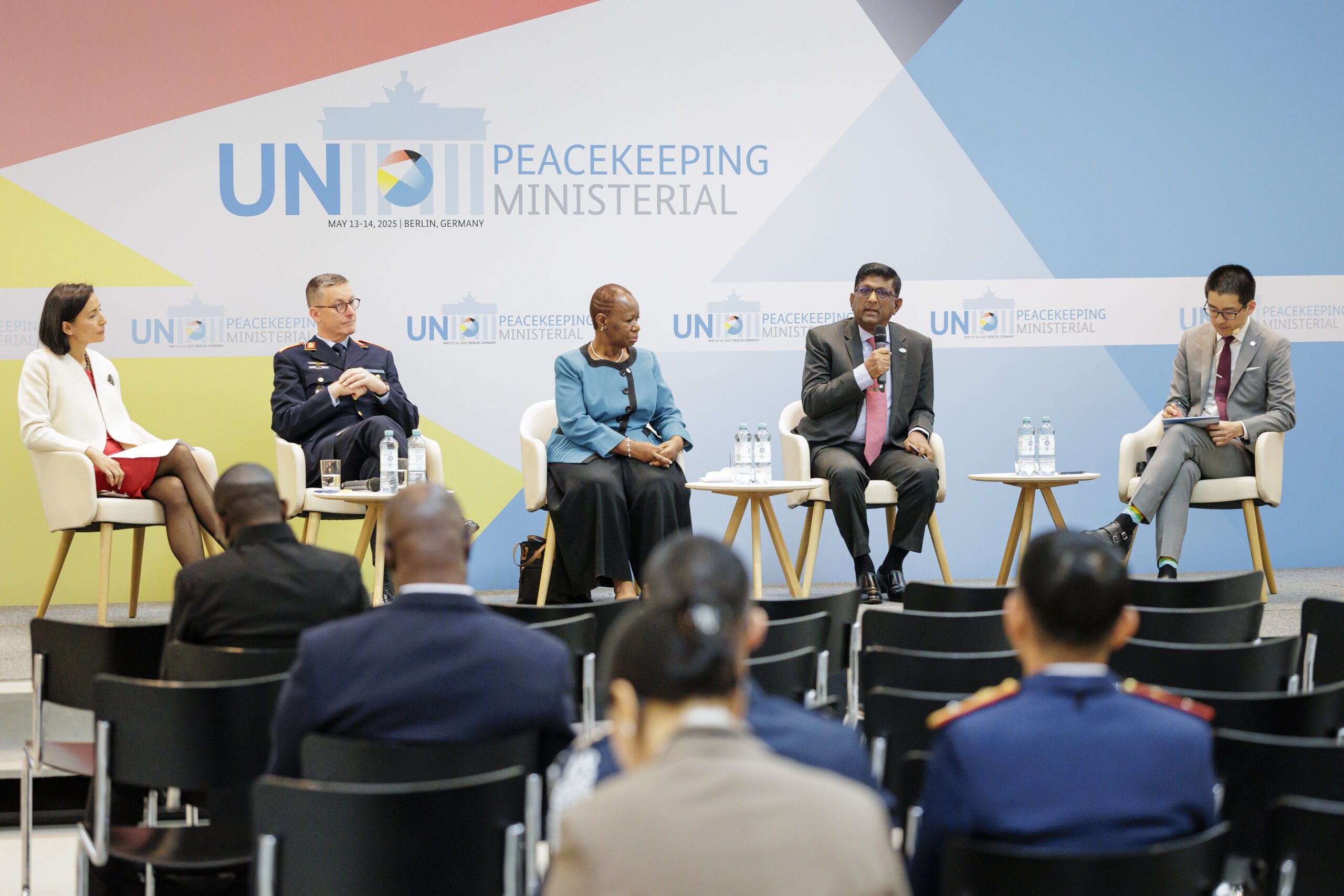

Array
(
[thumbnail] => https://s42831.pcdn.co/wp-content/uploads/2022/09/hero-fpo-150x150.jpg.optimal.jpg
[thumbnail-width] => 150
[thumbnail-height] => 150
[medium] => https://s42831.pcdn.co/wp-content/uploads/2022/09/hero-fpo-300x150.jpg.optimal.jpg
[medium-width] => 300
[medium-height] => 150
[medium_large] => https://s42831.pcdn.co/wp-content/uploads/2022/09/hero-fpo-768x384.jpg.optimal.jpg
[medium_large-width] => 768
[medium_large-height] => 384
[large] => https://s42831.pcdn.co/wp-content/uploads/2022/09/hero-fpo.jpg.optimal.jpg
[large-width] => 1000
[large-height] => 500
[1536x1536] => https://s42831.pcdn.co/wp-content/uploads/2022/09/hero-fpo.jpg.optimal.jpg
[1536x1536-width] => 1000
[1536x1536-height] => 500
[2048x2048] => https://s42831.pcdn.co/wp-content/uploads/2022/09/hero-fpo.jpg.optimal.jpg
[2048x2048-width] => 1000
[2048x2048-height] => 500
[gform-image-choice-sm] => https://s42831.pcdn.co/wp-content/uploads/2022/09/hero-fpo.jpg.optimal.jpg
[gform-image-choice-sm-width] => 300
[gform-image-choice-sm-height] => 150
[gform-image-choice-md] => https://s42831.pcdn.co/wp-content/uploads/2022/09/hero-fpo.jpg.optimal.jpg
[gform-image-choice-md-width] => 400
[gform-image-choice-md-height] => 200
[gform-image-choice-lg] => https://s42831.pcdn.co/wp-content/uploads/2022/09/hero-fpo.jpg.optimal.jpg
[gform-image-choice-lg-width] => 600
[gform-image-choice-lg-height] => 300
)
Global Peace Operations Review
Better leadership needed to improve the protection of civilians on UN peace operations
Strong leadership and accountability are essential. More needs to be done to demonstrate that the United Nations lives up to the values its peace operations promote.
Many UN peacekeepers do their utmost to save lives and protect people, but the troops and police deployed in sixteen missions can improve and do better. Based on my experience serving in the field in uniform and later in UN headquarters, my honest impression, also expressed in our Independent Special Investigation into the violence which occurred in Juba in 2016 and UNMISS response, is that there are a number of reasons why UN peace operations are sometimes not successful in the implementation of their Protection of Civilians (POC) mandates.
First, there is a lack of integrated planning for a worst-case scenario in a non-permissive environment. Second, there are serious restrictions of the freedom of movement. Third, there is an unwillingness of troop contributing countries (TCCs) and the military leadership in missions to be proactive to prevent violence against civilians and to take any risk. Fourth, the Security Council, the UN Secretariat and TCCs do not have a common understanding of what peace operations under Chapter VII of the Charter means. Fifth, there is a lack of honest reporting by the leadership of some Missions on the security situation and the under performance of troops and police deployed. Sixth, there is a lack of the responsible persons or units being held accountable for their role in the execution of the mandate. Seventh, there is a serious lack of knowledge at the junior and senior leaders level of military and police units on the mandate and Rules of Engagement (ROEs)/Directives on the Use of Force and Fire arms (DUFFs) and the use of force is not sufficiently lectured on or subjecting to training as part pre-deployment preparations.
This was manifest in the UN Mission in South Sudan (UNMISS) during the Independent Special Investigation that I lead recently, but unfortunately it is also manifest in other missions. The problems are not always in the field where people work under sometimes very difficult circumstances. The Department of Peacekeeping Operations (DPKO) and Department of Field Support (DFS) in New York can do more to find ad hoc, tailor made, outsourced, and creative solutions to support the missions in their implementation struggle.
In my view, it is not that there is a lack of guidance, or a lack of policy or training tools. At the political level, there are Kigali principles endorsed by 39 countries and a series of summits where governments seemed to be united in how they view peace operations. In 2009, DPKO and the Office for the Coordination on Humanitarian Affairs (OCHA) produced an important study on POC. In 2015, there was the HIPPO report and the Global Study on UNSC Resolution1325. For a number of years UN WOMEN and Global Peace Operations Initiative (GPOI) developed and are conducting successful Female Military Officers Courses FMOC and peacekeeping operations contingent commanders courses (PKOCCs). DPKO is providing leadership courses such as Senior Mission Leadership, Senior Leaders’ Program and Intensive Orientation Courses for Force Commanders. DPKO-DFS is drafting now integrated POC training modules.
But with respect, that is not where the real problem is. On the ground we still see that “the Mandate is a strong as the Will of the leadership and the TCC to implement it.” The challenge is in the implementation of the mandate.

Peacekeeping is at a cross roads
UN peacekeeping is in deep trouble politically and in terms of security. It is at cross roads. Will peacekeeping continue the way it is going, keep on failing, disappointing the population in the missions and the international community? Or should it change course? In our recent Independent Special Investigation, a number of recommendations were made, specifically for UNMISS, but also addressing the above problems in more general terms. Now, we are at a moment of change in leadership in the UN. This could be a crucial time for the new Secretary-General, who in my view should personally lead DPKO and peace operations out of this dilemma.
The most important message to the new Secretary-General is that peacekeeping is first and foremost a political tool and must be used as such. Sustainable solutions require addressing the political dimension of conflict and a negotiated political settlement is the fundamental objective of any UN peacekeeping operation. Political efforts must be backed by firm resolve, including, where required, the use of force.
Peacekeeping operations have been most effective when they have been deployed to implement or facilitate a political process. It should also be noted that peacekeeping operations have proven to be effective tools to prevent and mediate crises. Peacekeeping missions are much less effective, arguably set up for failure, when they are deployed to unstable environments without strong political roles.
Many of our missions grapple today with the consequences of political failure and the preference for quick fixes. In many cases, international efforts reproduce earlier formulas for conflict resolution: disarmament, elections, infrastructure and institutions, which are critical for a country’s recovery. However, they must be built on political foundations and result in mechanisms that can accommodate diversity and differences. Technical interventions alone cannot replace the difficult task of assisting parties in finding political solutions.
Strong leadership and accountability are essential. More needs to be done to demonstrate that the UN lives up to the values its peace operations promote. There is an urgent need for the new Secretary-General to engage his Special Representatives and Head of Missions to ensure that they have a political strategy guiding their action on the ground in support of mandate implementation. Added focus will need to be placed on finding ways to select the right leaders and ensuring that they have the support necessary to provide political direction and executive management of often large and complex operations. At the same time, the Secretary-General should ensure that leadership teams with relevant experience and skills assist heads of peace operations. They should be able to draw on and work as part of a mutually reinforcing management team, in particular during crisis situations.
Some of the shortcomings of military and police contingents and their leaders could be addressed through the provision of training and mentoring support by experienced peacekeepers in the mission and during mandatory pre-deployment training on the mission’s mandate, rules of engagement and use of force directives. Training should include scenario and rehearsal training on protecting civilians, including from conflict related sexual violence. It is imperative that peacekeepers’ adopt an outward-looking, robust posture, and use dismounted patrols by day and night, including with female peacekeepers, to reach out to local interlocutors and dominate terrain as required.
Several of UN peace operations face extremely challenging circumstances as they are caught on the frontlines of active conflict where civilians are under threat from local warlords, criminals or government forces. On several occasions, uniformed personnel are said to underperform in the execution of their mandated duties, in particular to protect civilians and UN personnel. In the Secretariat, there are few tools to monitor peacekeeping performance. A 2014 report from the Office of Internal Oversight Services on physical protection of civilians, could not find a single instance of the use of force to protect civilians across four missions and five years, but it does not provide a detailed picture of the situation. There is a lack of clear standards for protecting civilians and few penalties for glaring failures to protect. There is no real overview of the scale of this underperformance or how pro-active uniformed peacekeepers are in their activities to prevent violence against civilians.
Recommendations for the next SG
Before the new Secretary-General addresses the (under) performance of troops, police and their leaders; he should request from the responsible departments a realistic idea of the scale of the problem of underperformance of peacekeepers. After that, he should under his personal leadership take urgent steps to consult and discuss in New York the implementation of protection of civilians mandates with the major troop (infantry) and police contributing countries in the presence of the Heads of Military components and to find common ground for the way forward.
This commentary was originally presented as remarks to The Protection of Civilians and Accountability Workshop hosted by the Permanent Missions of Australia and Uruguay to the UN and the Australian Strategic Policy Institute in New York City on 18 November 2016.
Major General Patrick Cammaert (retired) has served as the UN Force Commander in Ethiopia/Eritera, as General Officer Commanding the Easter Division in MONUC in DR Congo, and as the Military Advisor to the UN Secretary-General and DPKO. He has also participated in a number of recent special investigations into UN peace operations.
More Resources
-

-

Reflections on the 2025 Peacekeeping Ministerial
Eugene Chen
Stay Connected
Subscribe to our newsletter and receive regular updates on our latest events, analysis, and resources.
"*" indicates required fields


